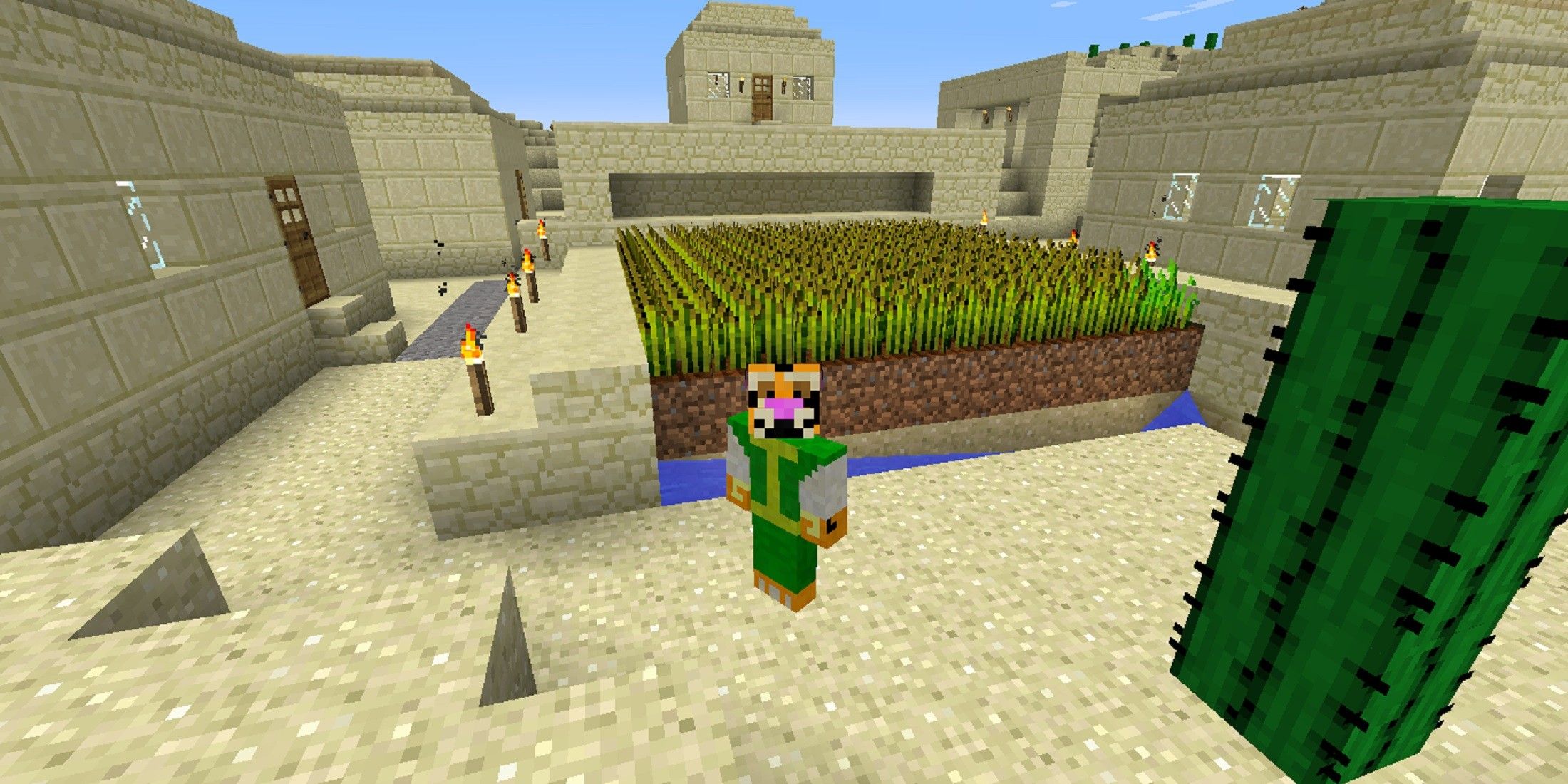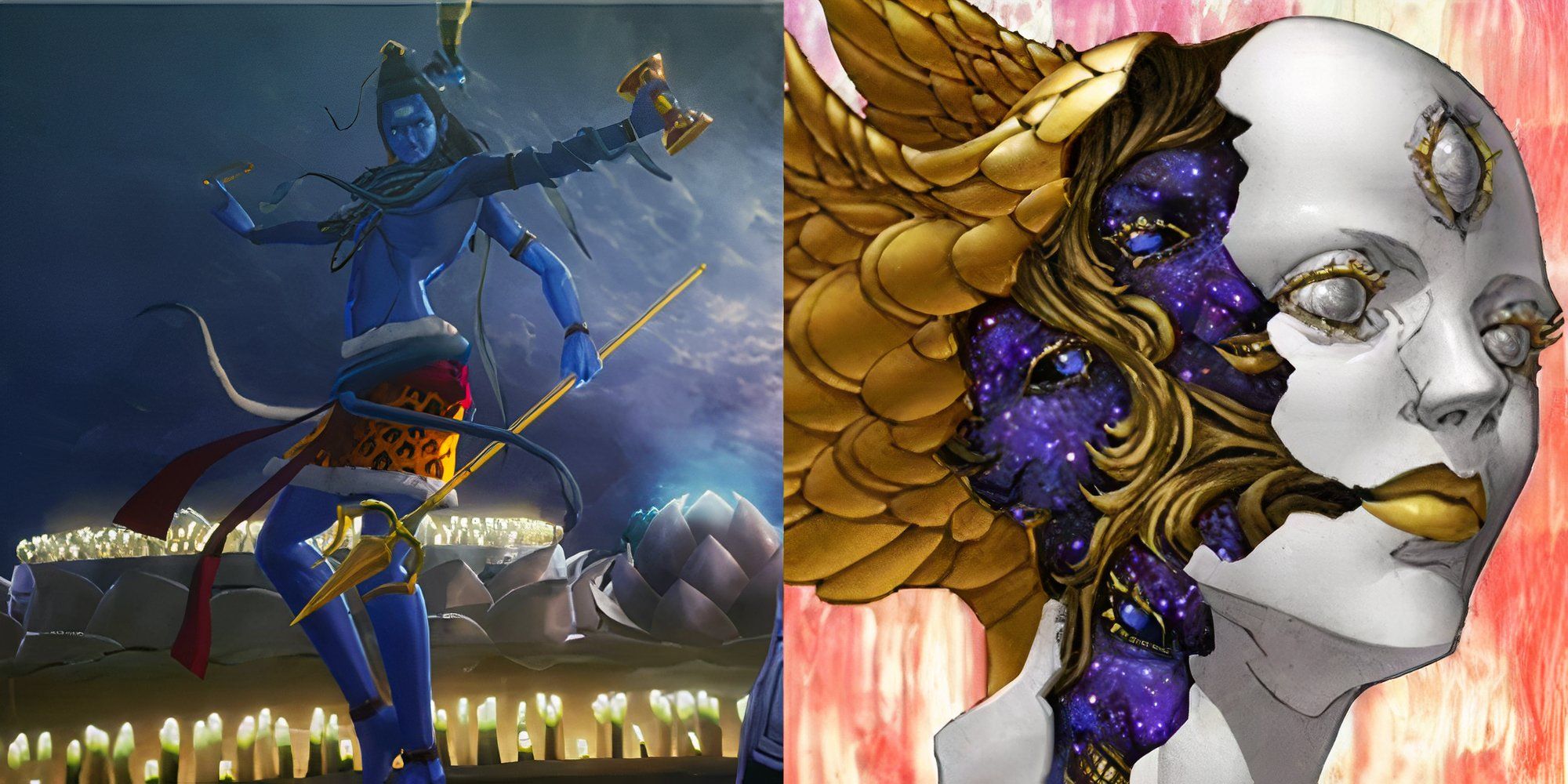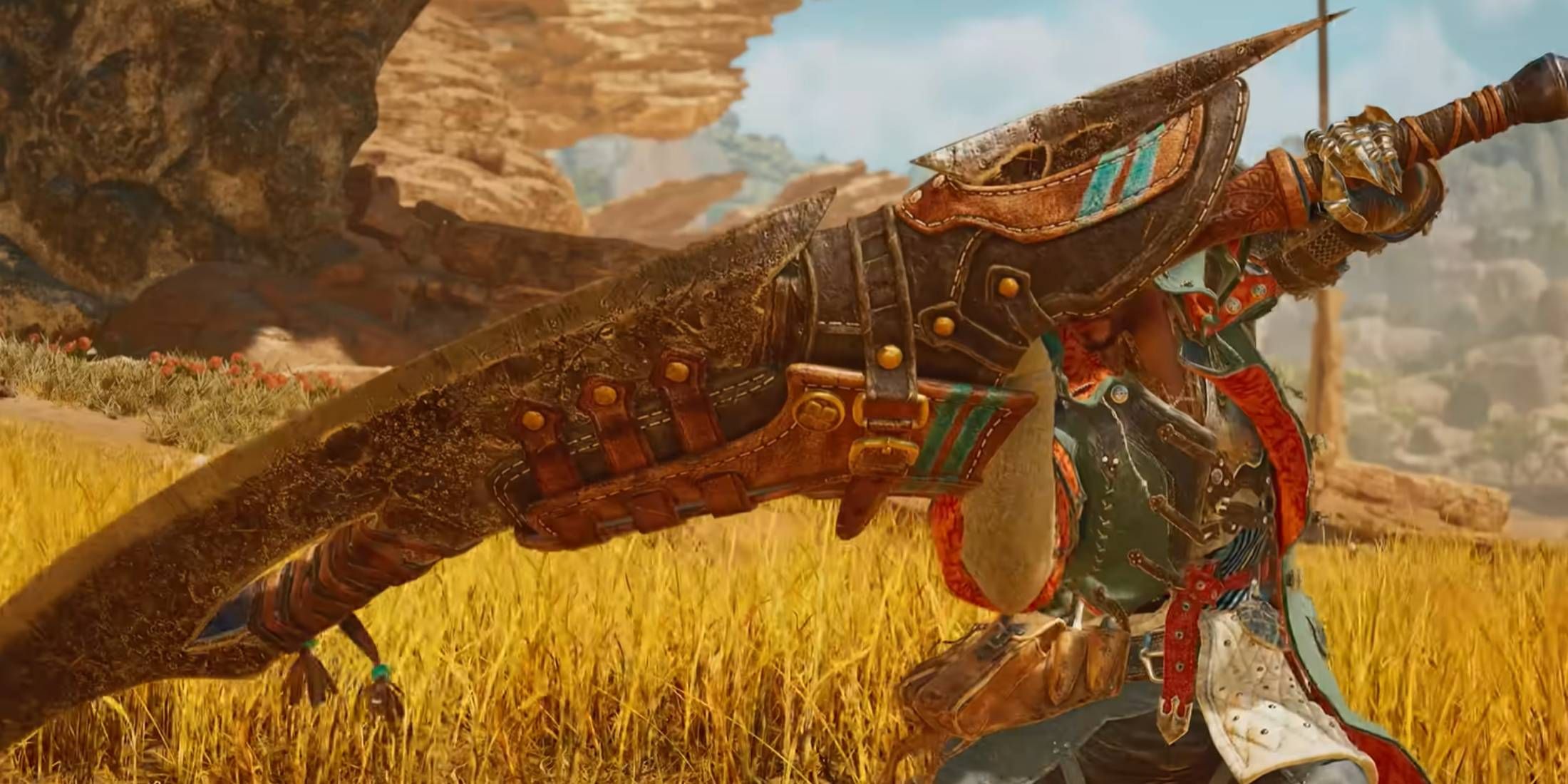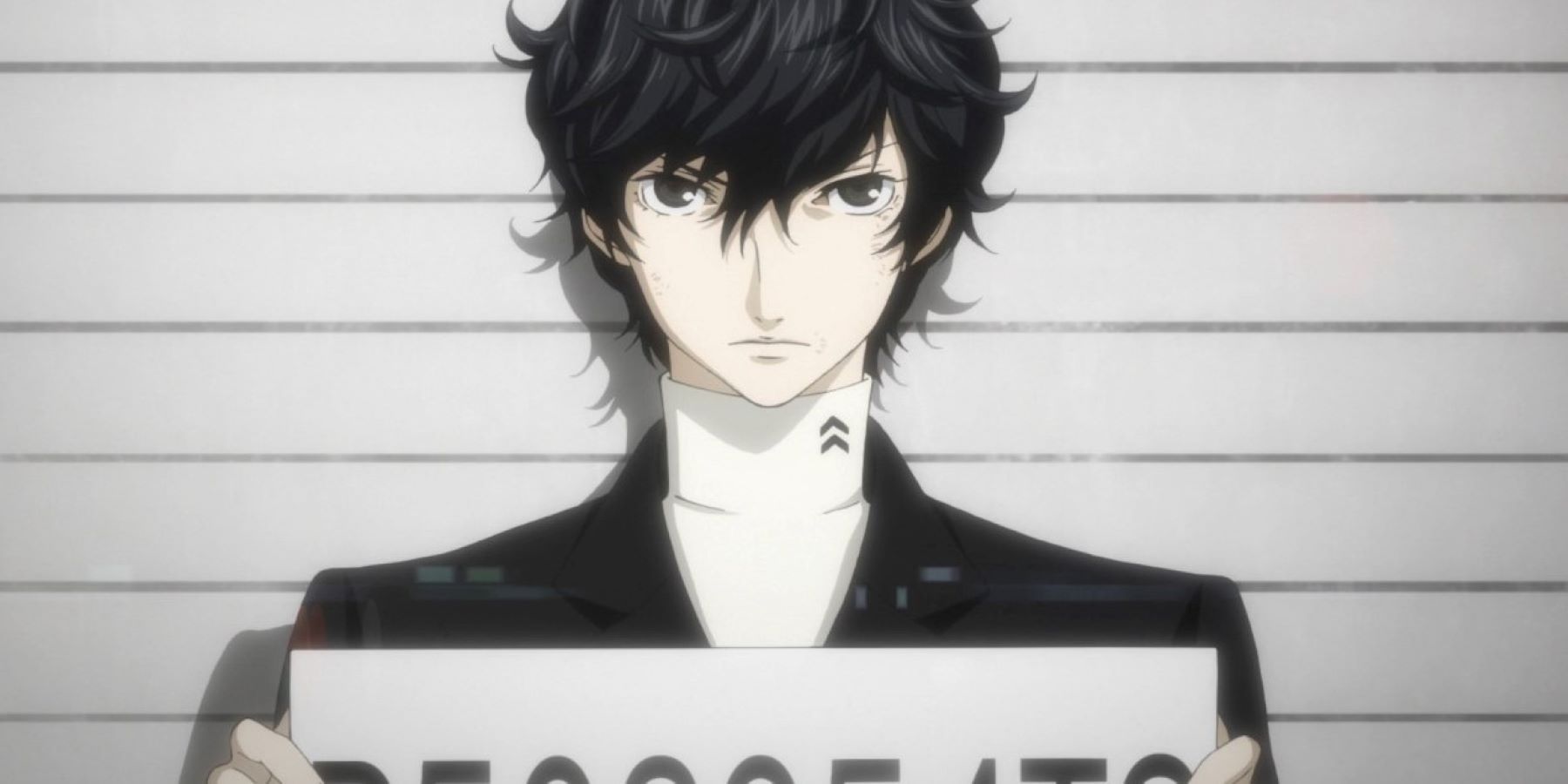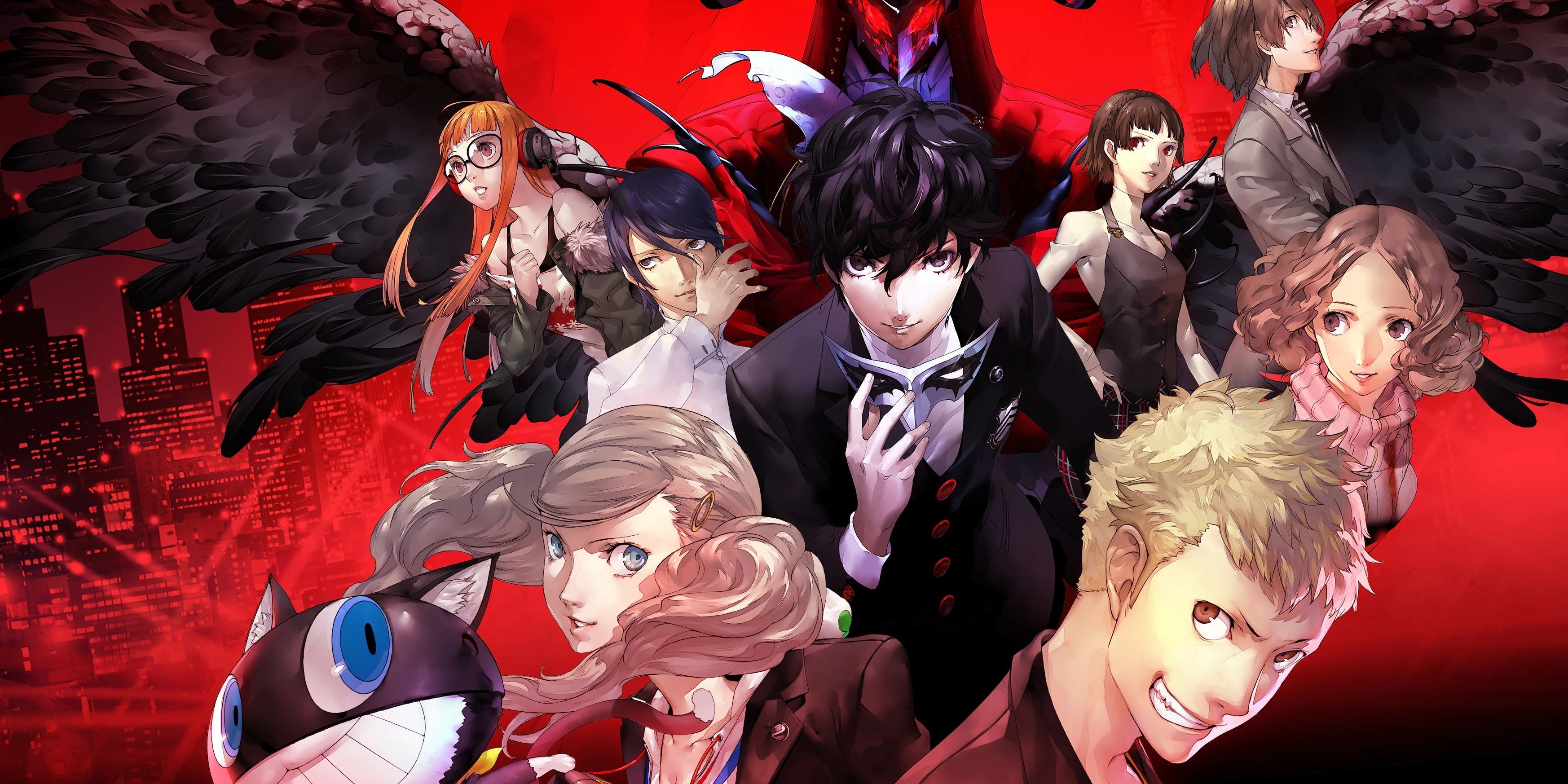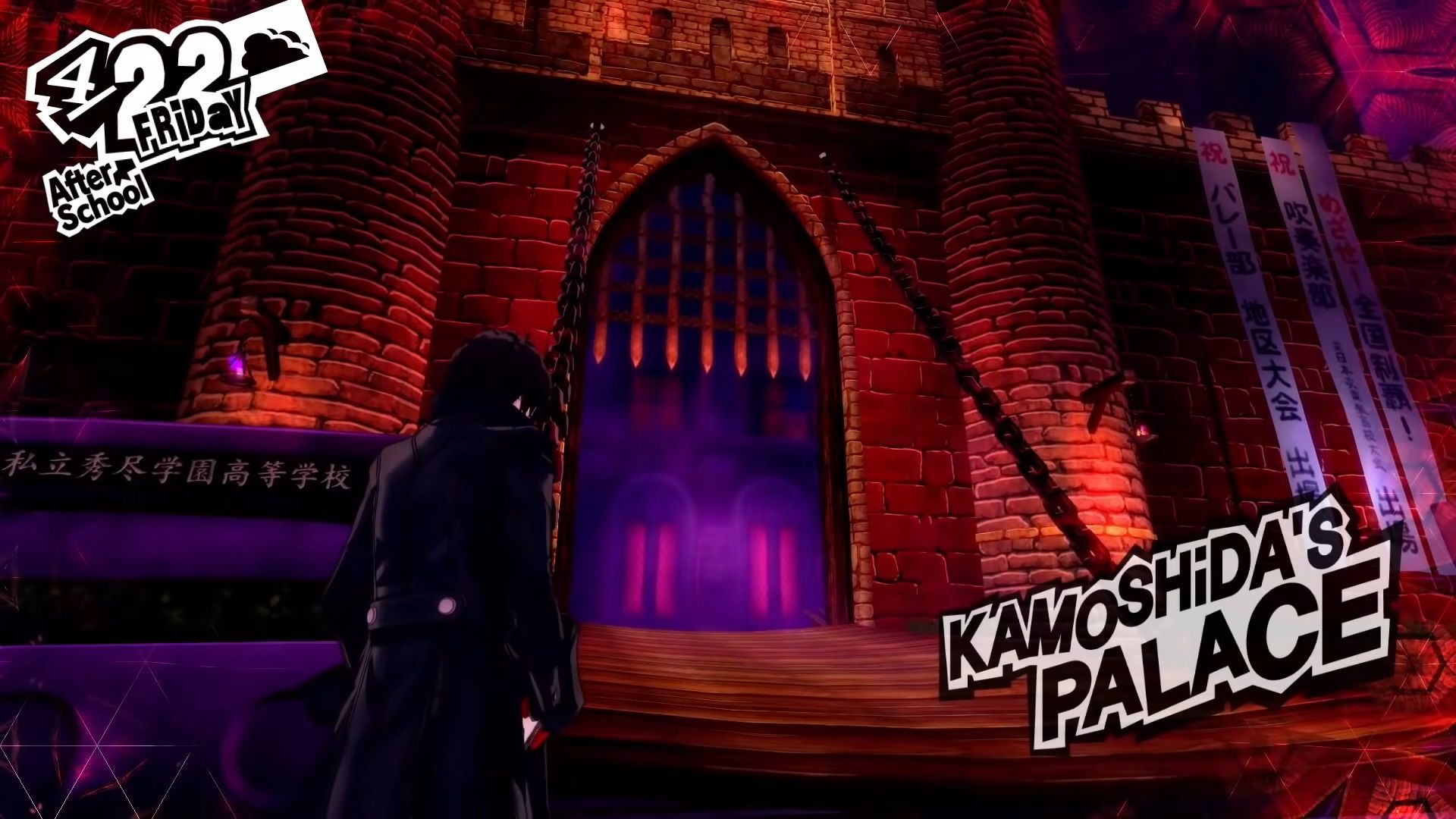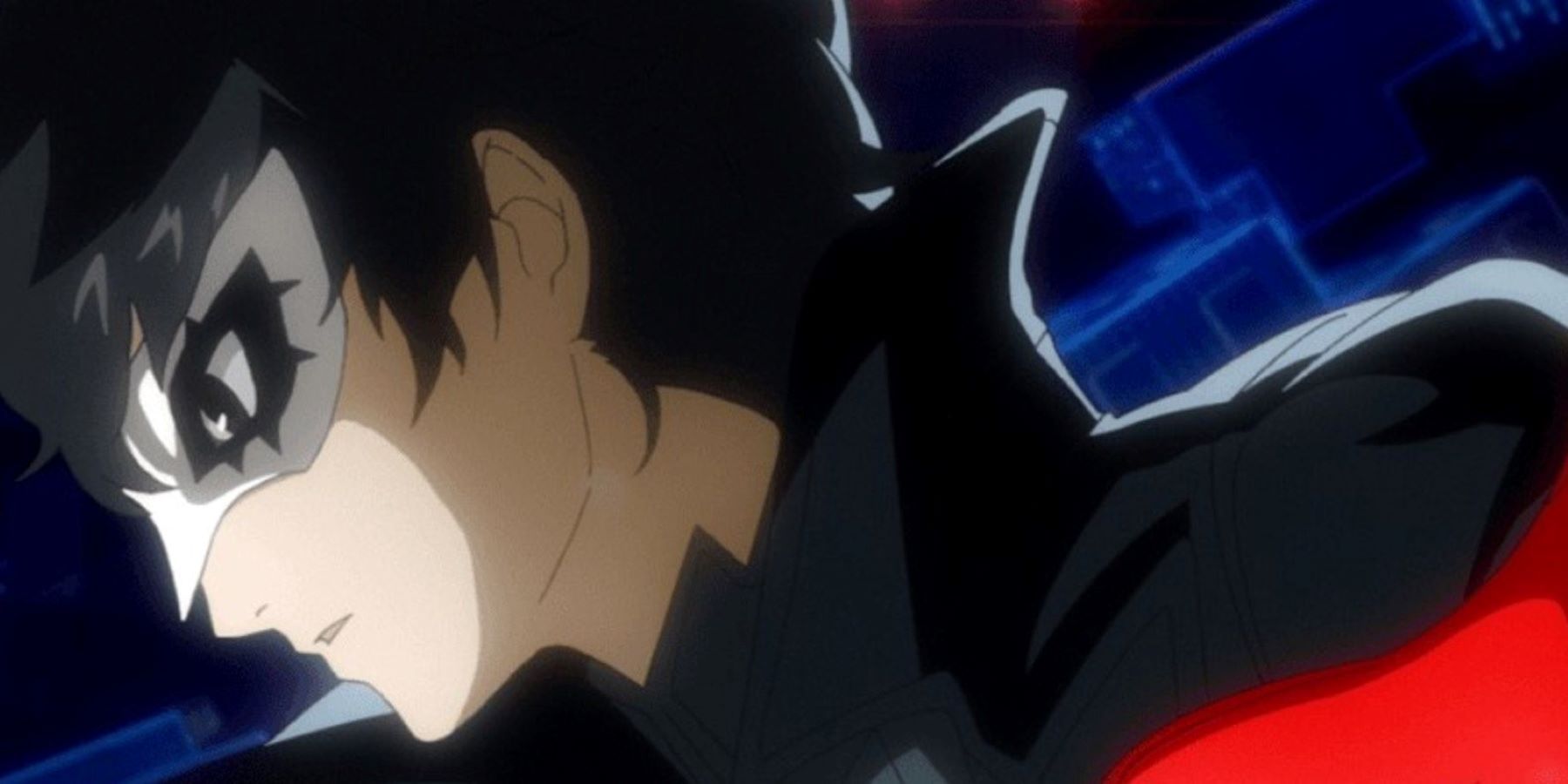Work on the next Persona game has begun, but Atlus has shared little information about Persona 6, other than that it aims to surpass Persona 5 in grandeur and success. Although it'll probably be quite some time before Atlus reveals Persona 6 properly, fans may be able to guess at its structure based on the franchise's evolution in recent years. For instance, Persona 5 put a very different twist on Personas and Shadows by viewing them through the lens of vigilante justice and honorable criminals. Persona 6 may be based on a similarly specific theme that uses the Persona franchise concept in a new way.
If Persona 6 does build itself around a highly specific theme, then fans should expect the game's mechanics to undergo some major changes too. Quite a few of Persona 5's core design principles have to do with its themes, and because that approach to the game's design succeeded, Atlus is bound to repeat it. The theme of Persona 6 isn't clear yet, but odds are that Atlus will change the Persona gameplay formula in order to better reflect the story that it has in mind. Balancing new story ideas with features that reflect the story could propel Persona 6 to success.
How Persona 5's Concept Changed Its Gameplay
In most Persona games, the general structure of the story is the same: normal high schoolers use Personas to battle Shadows while investigating convoluted mysteries, like the series of murders plaguing Inaba in Persona 4. Persona users mostly lead normal lives aside from their supernatural adventures. Persona 5 differs significantly because of its picaresque storytelling. Rather than emphasizing a fight against the supernatural or a single human threat, Persona 5's Phantom Thieves are constantly doling out vigilante justice against multiple enemies with the help of the Shadow world. Persona 5 emphasizes the Phantom Thieves as well-intentioned criminals, which is an identity that few other Persona protagonists have.
The vigilante justice concept naturally results in a very different narrative, but it has a big impact on game design too. For instance, the dungeons known as Palaces are explored very differently from other Persona dungeons. In Persona 5, players find themselves sneaking in the back door of semi-realistic buildings and outwitting all kinds of security systems, which results in a far more convoluted dungeon structure than Persona 4's maze-like, puzzle-light dungeons. Other Persona 5 game functions that emphasize the characters as criminal masterminds include the use of cover to hide from and ambush enemies, as well as the Hold Up system that lets players hold enemy Shadows at gunpoint.
These Persona 5 mechanics and others are important because they all contribute to Persona 5's fantasy of vigilante justice. A story about well-intentioned lawlessness is interesting, but that story feels far more compelling when the gameplay actively embodies the actions and skills of a thief. Persona 5's core mechanics go a long way to sell the identity that the game's story establishes for the Phantom Thieves; that cohesion is likely one reason that Persona 5 is so well-loved. Considering how well story-appropriate gameplay innovations worked for Persona 5, Atlus will probably try to reuse those tools in Persona 6.
Thematic Innovation in Persona 6
Until Atlus formally reveals the theme of Persona 6, it's unclear what exactly the game will look like, but because Persona 5 only used one highly specific theme, there are still a lot of options available to Persona 6. For example, the original road trip concept for Persona 5 could return in the next game and result in a variety of thematic features. A Persona game about travel could result in a partially open-world version of the Shadow world, for instance, with players exploring an evolving otherworldly landscape on foot in search of dungeons that crop up as the story progresses. Confidants would certainly work differently in a travel-based Persona 6 too. Players may have time limits for befriending non-playable Confidants who are moored to specific real-world places that the protagonists visit.
This is only one example of a core theme that could define Persona 6. There are a lot of angles that Atlus could work from; it could build the game around a character-centric theme like Persona 5's criminal elements or a location-related theme, drawing gameplay concepts from a setting that the Persona franchise hasn't worked with before. Whatever kind of theme Persona 6 relies on, as long as it's a rich but specific concept, it could make Persona 6 highly unique in the Megami Tensei library of games, both in terms of its story and its gameplay. Atlus seems to have mastered tying story to gameplay and vice versa in Persona 5, so it'll almost certainly try to advance that expertise in the next core Persona game. It's just a matter of settling on the right details.
Persona 6 Needs to Stand Out
Persona 5 sets a high standard for the rest of the franchise, so hopefully Atlus starts building an identity for Persona 6 sooner rather than later. While it likely doesn't have any gameplay to show off yet, Atlus could still hint at the core themes of Persona 6 within 2022, potentially in connection with the Persona franchise's anniversary celebration. Before Atlus winds down the Persona anniversary in autumn, it might tease some story concepts, setting possibilities, or character archetypes that it wants Persona 6 to lean on. By revealing any of those, it could point in the direction of mechanical innovations too.
Hopefully Atlus does have some kind of special theme in mind for Persona 6. Persona 5 flourished because it tried lots of new things even while remaining highly faithful to the core concepts of the Persona franchise. Persona 6 shouldn't copy Persona 5 wholesale, but by applying Persona 5's blueprint to new plotlines and characters, it stands to gain a lot. Atlus has been known for its skill in crafting JRPGs for years, but Persona 5 remains a major step forward for the studio. If Persona 6 finds even more ways to intertwine mechanics with narrative themes, then it could have a shot at outdoing Persona 5 after all. Until then, Persona 5 will continue to be the benchmark for the franchise.
Persona 6 is in development.

